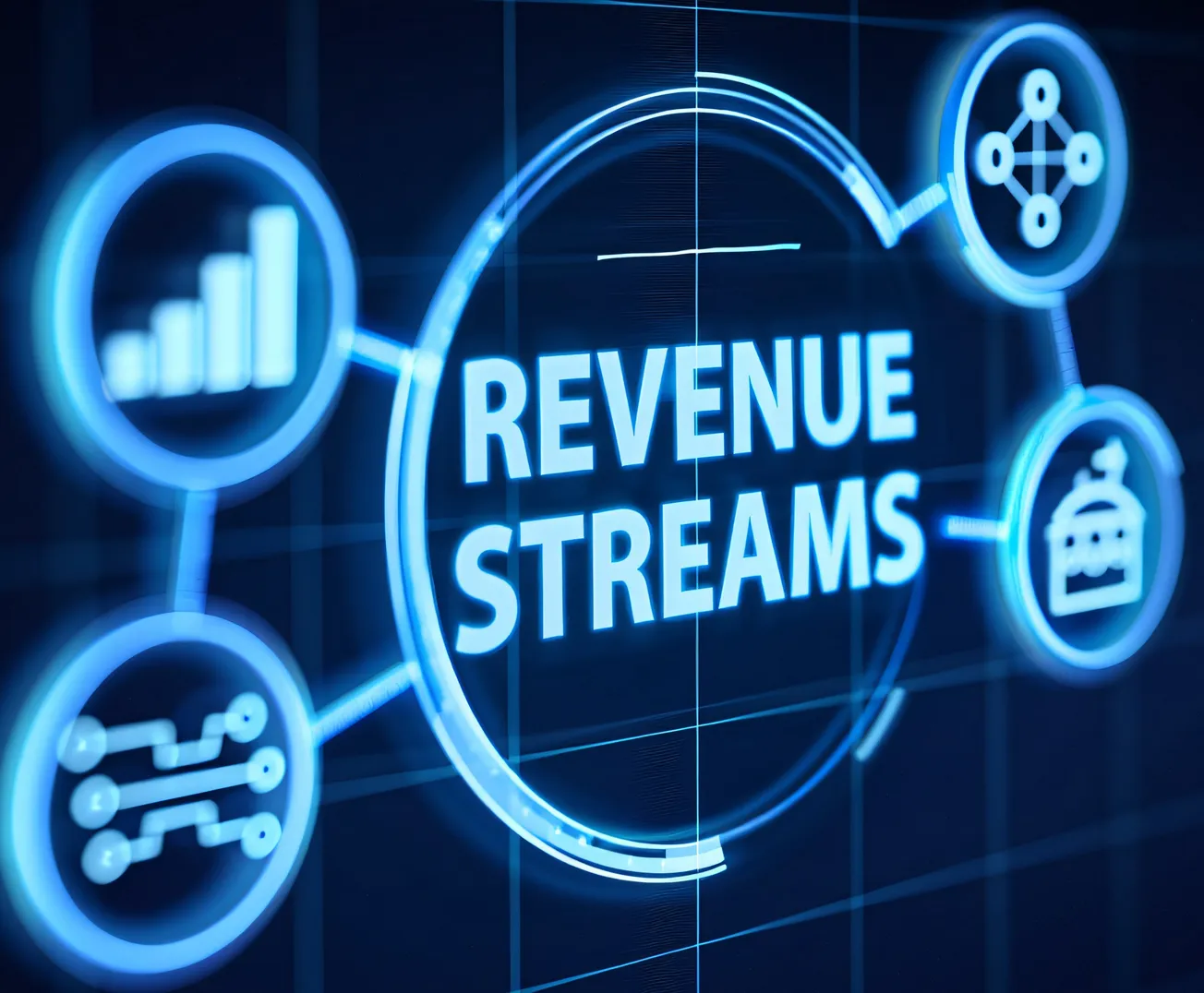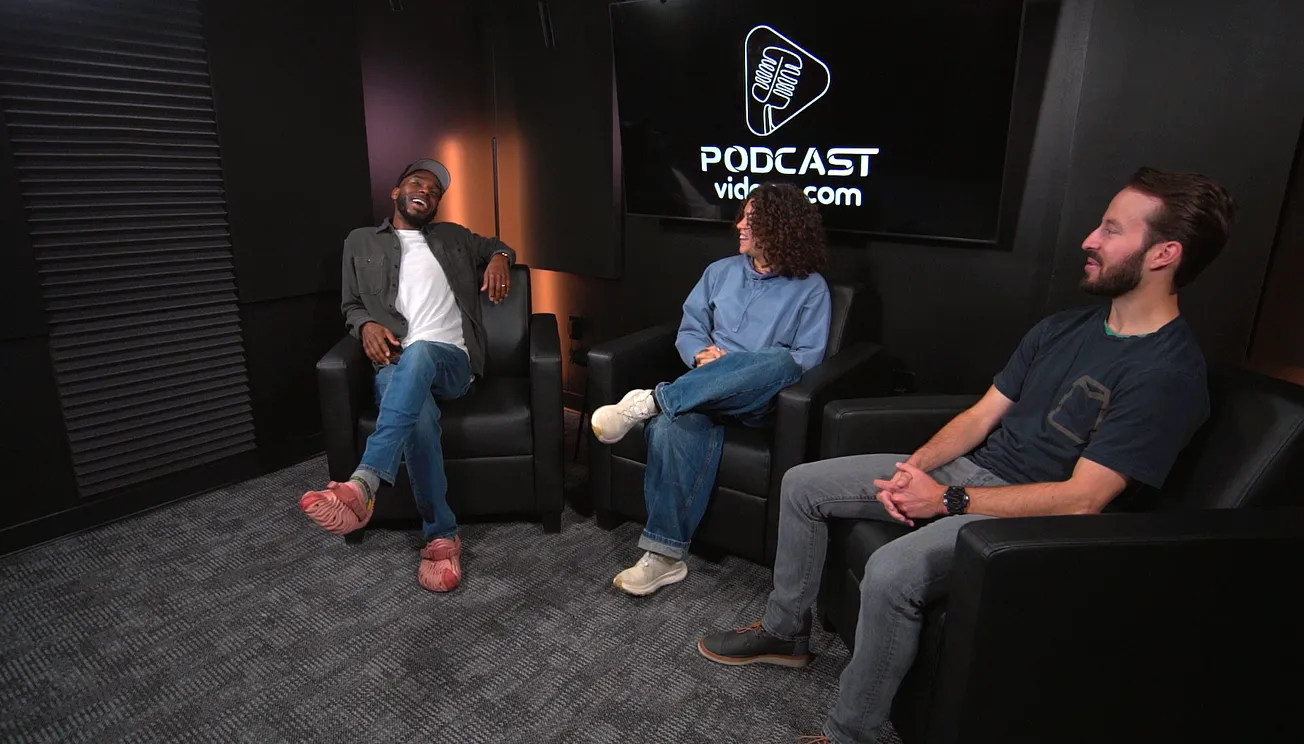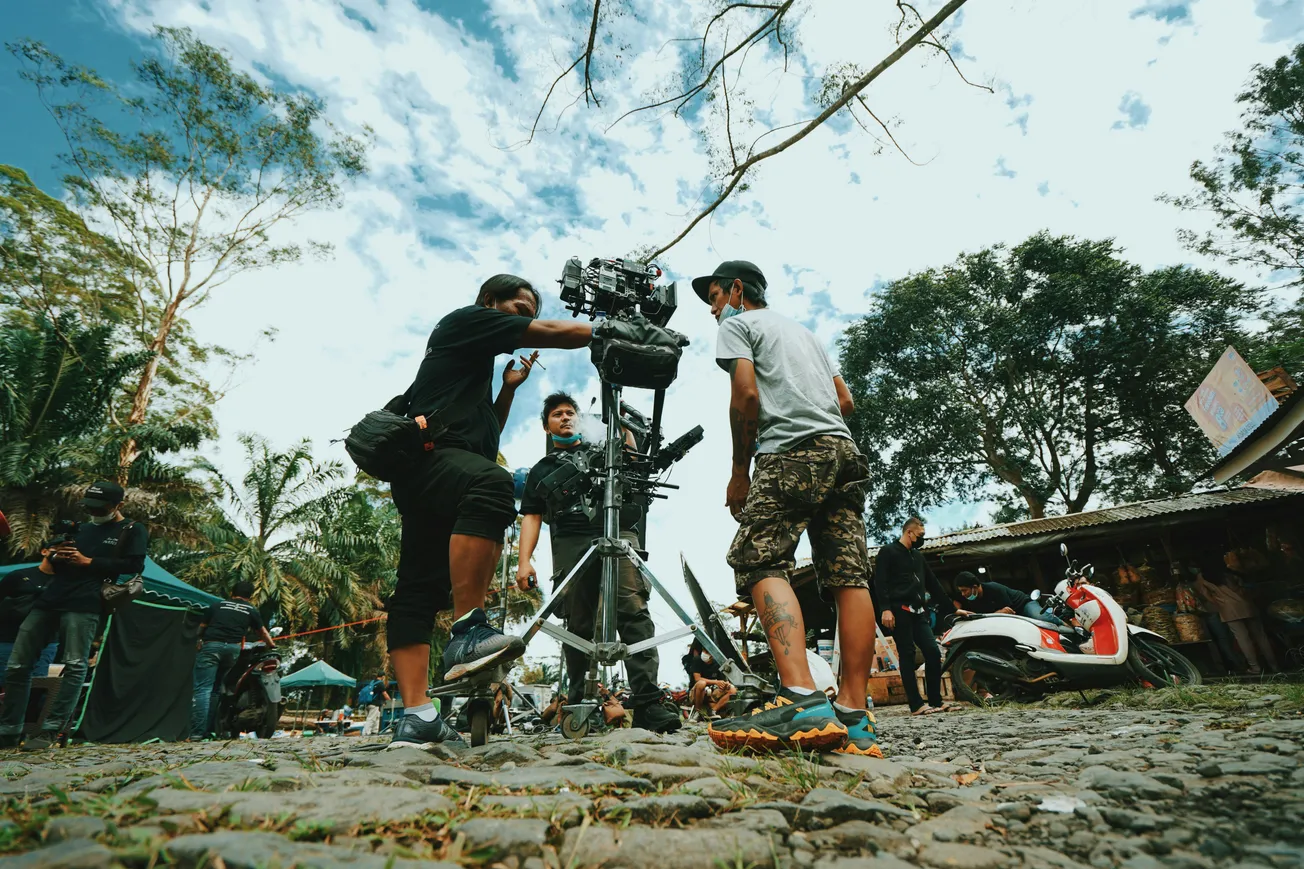As the podcast industry matures and CPMs fluctuate amid shifting advertiser confidence, creators are rethinking how they sustain and scale their shows. Gone are the days when a single sponsorship could float a season. Today’s most successful podcasters are building revenue ecosystems—layering income streams from merchandise to live events, listener support to licensing deals. The goal? Not just survival, but creative and financial independence.
Here are ten proven ways podcasters are diversifying their income—and the standout shows and networks leading the way:
1. Sponsorships & Advertising — The Classic Engine
Still the backbone of podcast monetization, sponsorships and ad deals remain potent revenue sources, especially for shows with wide reach. By building detailed media kits, understanding listener demographics, and working with platforms like Podcorn, podcasters can attract relevant brands.
The Daily by The New York Times demonstrates the upper tier of this model, consistently securing high-profile sponsors thanks to its massive and loyal audience.
2. Listener Donations & Crowdfunding — Power of the Tribe
Crowdfunding platforms like Patreon have empowered fans to become patrons, offering podcasters a way to monetize loyalty. Successful creators offer bonus episodes, Q&As, and behind-the-scenes content to maintain engagement.
Chapo Trap House is an industry benchmark here, leveraging its dedicated political comedy fanbase to generate over $160,000 per month on Patreon alone.
3. Merchandise Sales — From Listeners to Brand Ambassadors
Selling branded merchandise transforms fans into walking billboards. It also offers a creative outlet for podcasters to express their show’s identity. Services like Printful allow for easy fulfillment.
Call Her Daddy has turned merch into a cultural signature, moving everything from hoodies to wine glasses branded with the show’s irreverent catchphrases.
4. Digital Products & Courses — Monetizing Your Expertise
For educational or niche shows, digital goods like online courses or eBooks can offer scalable revenue. These products often stem directly from podcast content, repurposed into premium formats.
Smart Passive Income by Pat Flynn stands out in this space, using his podcast to funnel listeners into comprehensive entrepreneurial courses that sell year-round.
5. Live Events & Virtual Meetups — Monetizing Experiences
In-person or online events create deeper community engagement while generating revenue from ticket sales, sponsors, and VIP upgrades. These experiences bring listeners into the world of the podcast.
Welcome to Night Vale pioneered this model, transforming a fictional audio drama into a globe-touring stage show with a cult following.
6. Affiliate Marketing — Recommending with Reward
By promoting products they trust, podcasters can earn commissions while providing value to their audience. Authenticity and transparency are key.
The Side Hustle Show by Nick Loper is an affiliate marketing success story, seamlessly integrating product links into his practical business advice without undermining audience trust.
7. Consulting & Coaching Services — Expertise as Currency
Many podcasters offer one-on-one coaching or consulting, using their shows to establish credibility and attract clients. This is particularly effective for B2B or skills-focused podcasts.
Online Marketing Made Easy by Amy Porterfield turns listeners into customers, converting content about digital strategy into high-ticket services.
8. Video Content & Platform Monetization — Expanding the Format
Repurposing podcast content into video unlocks monetization from platforms like YouTube and Spotify. Podcasters need basic production skills, but the payoff includes ad revenue, discoverability, and deeper engagement.
The H3 Podcast built a YouTube empire from this approach, reaching millions and monetizing through ads and memberships.
9. Content Licensing & Syndication — Let Others Pay to Play
Licensing offers passive revenue and expands reach. Podcasters can sell their back catalog or license content to platforms or networks seeking quality audio.
Criminal, a narrative true crime podcast, has syndicated episodes through NPR and Spotify, turning storytelling into long-term income.
10. Public Speaking & Workshops — From Mic to Stage
Podcasting can be a launchpad for a lucrative speaking career. Conferences, universities, and companies often seek compelling voices and subject matter experts.
How I Built This host Guy Raz regularly headlines entrepreneurial events, monetizing the same insights that power his podcast.
Final Word
In a rapidly evolving media landscape, betting everything on a single revenue stream is no longer viable. The podcasts that thrive in 2025 and beyond will be those that think like businesses—diversifying, experimenting, and building resilient monetization strategies that mirror the multifaceted ways people engage with content.
Whether you’re an indie creator or running a full-fledged network, this model isn’t just a trend. It’s the new standard.









